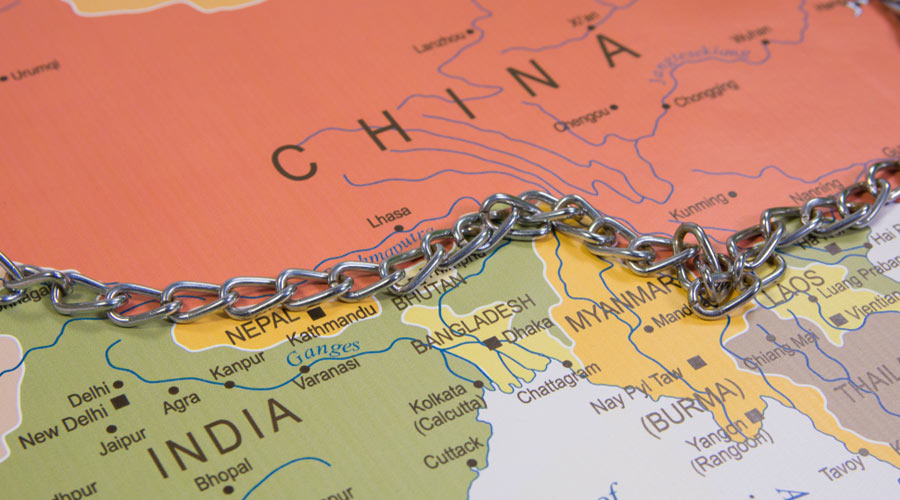India on Tuesday outrightly rejected China's renaming of certain places in Arunachal Pradesh, and asserted that the state is an integral and inalienable part of India.
External Affairs Ministry spokesperson Arindam Bagchi said attempts to assign "invented names" will not alter this reality, reports PTI.
"We have seen such reports. This is not the first time China has made such an attempt. We reject this outright," Bagchi said.
"Arunachal Pradesh is, has been, and will always be an integral and inalienable part of India. Attempts to assign invented names will not alter this reality," he said.
His comments came in response to media queries regarding the renaming of certain places in Arunachal Pradesh by China.
China's Ministry of Civil Affairs on Sunday released standardised names of 11 places for Arunachal Pradesh, which it calls "Zangnan, the southern part of Tibet".
The list of names, released by China’s Ministry of Civil Affairs, also gave precise coordinates, including two land areas, two residential areas, five mountain peaks and two rivers and listed the category of places’ names and their subordinate administrative districts.
According to The Global Times, which is part of the ruling Communist Party's mouthpiece People's Daily group of publications in China, the Chinese authorities are calling this move 'standardised geographical names', according to ndtv.com.
The first set of names was announced by China in 2017 days after the Dalai Lama's visit to Arunachal Pradesh. China was sharply critical of the Tibetan spiritual leader's visit.
The Dalai Lama fled from Tibet through Tawang in Arunachal Pradesh and sought refuge in India in 1959 after China took military control of the Himalayan region in 1950.
India and Chinese troops had clashed along the Line of Actual Control (LAC) in the state's Tawang sector last December, in a face-off that came amid a months-long border standoff in eastern Ladakh.
Defence Minister Rajnath Singh had then accused China of trying to "unilaterally" change the status quo along the LAC.











